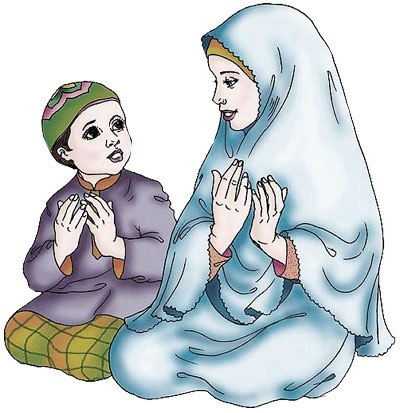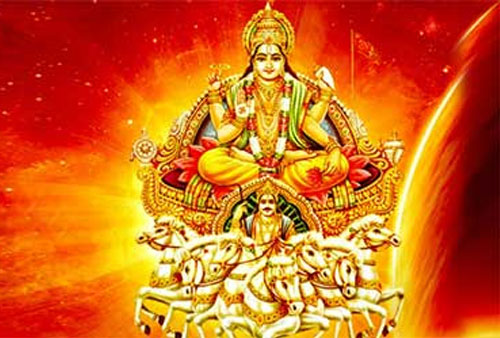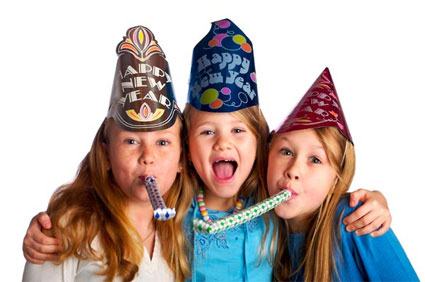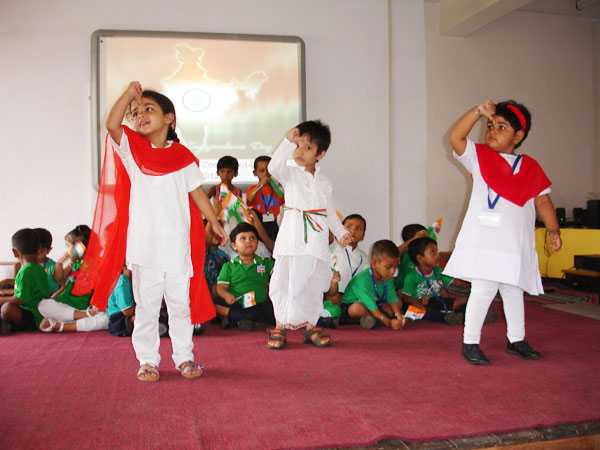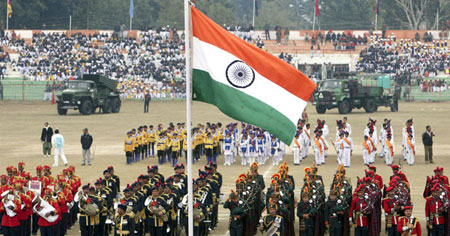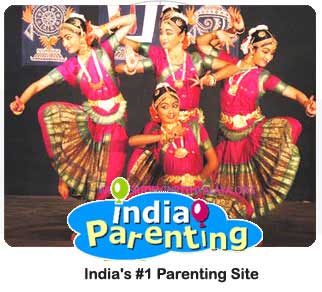Eid Ul Zuha or Eid Ul-Adha is one of the major festivals of Islam religion. Find out the story behind Eid Ul Zuha and why it is celebrated as a festival of sacrifice.Eid Ul Zuha is also known as Eid Ul-Adha or Greater Eid. It is a major celebration for the people belonging to the Islamic religion and is celebrated the world over with great fervor and joy. This is a festival of sacrifice and is a three day affair which is observed in the month of Dhul Hijjah. Eid Ul Adha is basically the 10th, 12th and 13th day of Dhul Hijjah month, when the sacrifice takes place after the sunset of the thirteenth day. This festival teaches the observers the importance and virtue of sacrifice. Referred to as Eid Ul Adha in Arabic, this festival is known as Eid Ul Zuha or Bakr-Eid in the Indian subcontinent. In Arabic, Eid or Iwd is translated to ‘festival’ and the word ‘Zuha’ is derived from ‘Uzhaiyya’ which means ‘sacrifice’. In this articleThe Story Behind Eid Ul ZuhaWhy Bakr-Eid?The RitualThe Bakri Eid CelebrationThe Story Behind Eid Ul Zuha Believers of Islam related this day to the day when Abraham or Ibrahim, the great follower of Prophet Mohammad willingly sacrificed his son Ismail as an act of obedience to God. Since this was a gesture of supreme sacrifice, God was pleased and asked him to sacrifice a sheep instead. The story goes like this, God sought the sacrifice of Ismail, the only son of Abraham in order to test him. Abraham did not think twice before following Allah’s orders, but since he used to dote on his son a lot, he blindfolded himself as he placed his son on the altar in order to sacrifice him. After the sacrifice, when he took off the cloth from his eyes he was overwhelmed to find that his son was hale and hearty standing before him, and at the altar there was a sheep instead. Since then this day is commemorated to honour this act of sacrifice and teach the followers how important it is to sacrifice something that we consider dear so that we are able to tread the path of detachment and only allegiance to God. Why Bakr-Eid? The name comes from the fact that Muslims sacrifice a goat or a ‘Bakri’ or a sheep or any four legged animals like a camel too. The Ritual Every religious Muslim is expected to observe this Eid festival who is worth at least 400 grams of gold. Prayers to the God are offered between the period between sunset to noon and is known as the Do Rakat Namaz. After this an animal is sacrificed as a symbolic gesture of devotion to Allah. The meat of the animal is considered holy and distributed amongst relatives, friends and neighbours after offering prayers. The Bakri Eid Celebration This festival is supposed to induce harmony and a feeling of brotherhood amongst the members of the community. The major part of the festival is the Eid Milans, where all members of the community come together, exchange gifts and greet each other with warmth. All members of the society also are invited and everyone celebrates this festival with great zealousness. People wear new clothes and jewellery to mark the occasion as they visit relatives, friends and offer prayers. ‘Sevaiyan’ or a sweet dish made from milk and vermicelli is made and is a traditional specialty during this festival. Eid Ul Zuha is a great occasion for the Muslims as they believe this is the day when their holy text Quran was considered to be complete. This is also the time of the year when the religious Muslims undertake the holy pilgrimage to Mecca, also known as the Hajj.
Eid Ul Zuha or Eid Ul-Adha is one of the major festivals of Islam religion. Find out the story behind Eid Ul Zuha and why it is celebrated as a festival of sacrifice.
Eid Ul Zuha is also known as Eid Ul-Adha or Greater Eid. It is a major celebration for the people belonging to the
Islamic religion and is celebrated the world over with great fervor and joy. This is a festival of sacrifice and is a three day affair which is observed in the month of Dhul Hijjah.
Eid Ul Adha is basically the 10th, 12th and 13th day of Dhul Hijjah month, when the sacrifice takes place after the sunset of the thirteenth day. This festival teaches the observers the importance and virtue of sacrifice. Referred to as Eid Ul Adha in Arabic, this festival is known as Eid Ul Zuha or Bakr-Eid in the Indian subcontinent. In Arabic, Eid or Iwd is translated to ‘festival’ and the word ‘Zuha’ is derived from ‘Uzhaiyya’ which means ‘sacrifice’.
The Story Behind Eid Ul Zuha
Believers of Islam related this day to the day when Abraham or Ibrahim, the great follower of Prophet Mohammad willingly sacrificed his son Ismail as an act of obedience to God. Since this was a gesture of supreme sacrifice, God was pleased and asked him to sacrifice a sheep instead. The story goes like this, God sought the sacrifice of Ismail, the only son of Abraham in order to test him. Abraham did not think twice before following Allah’s orders, but since he used to dote on his son a lot, he blindfolded himself as he placed his son on the altar in order to sacrifice him.
After the sacrifice, when he took off the cloth from his eyes he was overwhelmed to find that his son was hale and hearty standing before him, and at the altar there was a sheep instead. Since then this day is commemorated to honour this act of sacrifice and teach the followers how important it is to sacrifice something that we consider dear so that we are able to tread the path of detachment and only allegiance to God.
Why Bakr-Eid?
The name comes from the fact that Muslims sacrifice a goat or a ‘Bakri’ or a sheep or any four legged animals like a camel too.
The Ritual
Every religious Muslim is expected to observe this Eid festival who is worth at least 400 grams of gold. Prayers to the God are offered between the period between sunset to noon and is known as the Do Rakat Namaz. After this an animal is sacrificed as a symbolic gesture of devotion to Allah. The meat of the animal is considered holy and distributed amongst relatives, friends and neighbours after offering prayers.
The Bakri Eid Celebration
This festival is supposed to induce harmony and a feeling of brotherhood amongst the members of the community. The major part of the festival is the Eid Milans, where all members of the community come together, exchange gifts and greet each other with warmth. All members of the society also are invited and everyone celebrates this festival with great zealousness. People wear new clothes and jewellery to mark the occasion as they visit relatives, friends and offer prayers. ‘Sevaiyan’ or a sweet dish made from milk and vermicelli is made and is a traditional specialty during this festival.
Eid Ul Zuha is a great occasion for the Muslims as they believe this is the day when their holy text Quran was considered to be complete. This is also the time of the year when the religious Muslims undertake the holy pilgrimage to Mecca, also known as the Hajj.












